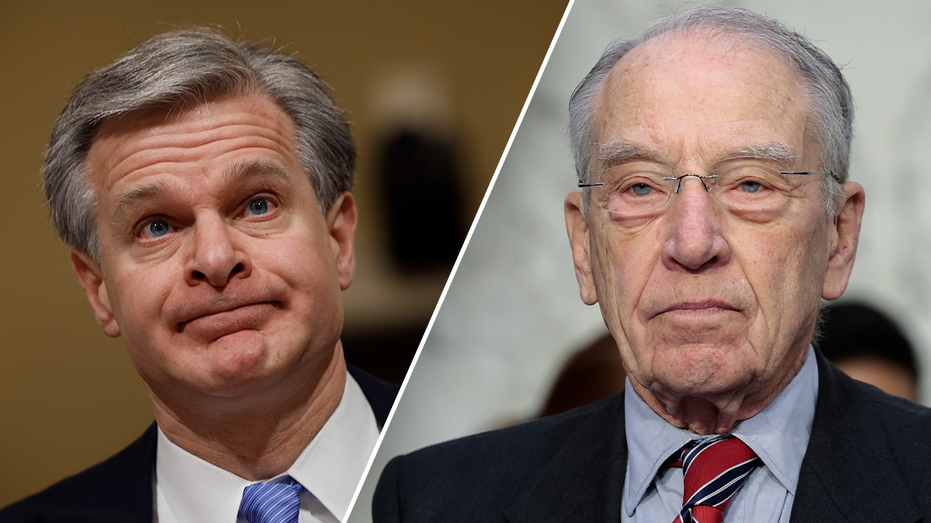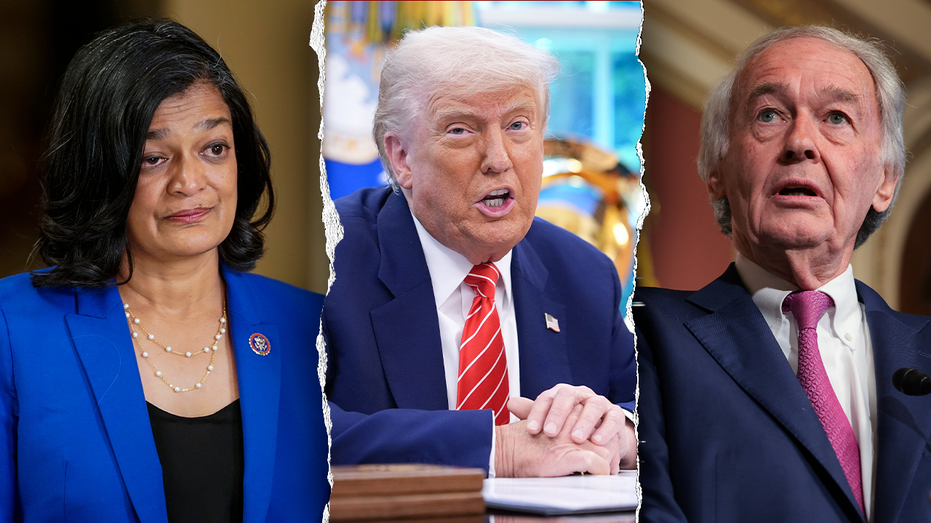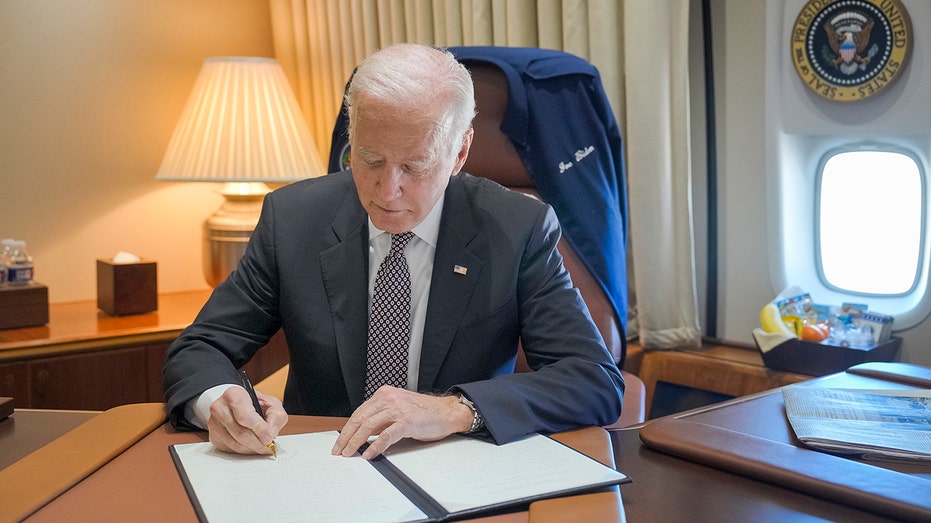Senator Grassley Reveals FBI's Use of Biased Sources in Anti-Traditional Catholic Memos Under Biden Administration
FBI investigation into traditional Catholics faces scrutiny as documents reveal broader scope, prompting Sen. Grassley to criticize biased sources like SPLC.

The Federal Bureau of Investigation is facing renewed scrutiny following the release of internal documents suggesting it may have understated the breadth of an investigation involving traditional Catholic communities during the Biden administration. The documents, publicized Tuesday, appear to contradict previous testimony from former FBI Director Christopher Wray, who described the issue as stemming solely from a single 2023 memo crafted by the bureau's Richmond, Virginia, office.
Senator Chuck Grassley, chairman of the Senate Judiciary Committee, revealed the findings, asserting that the FBI engaged in extensive investigation efforts targeting traditional Catholics. Grassley, a prominent advocate for government oversight, stated his intent to continue probing what he described as "the FBI’s contempt for oversight" and called for restoring public faith in the agency across political and religious divides.
Contrary to Wray’s testimony before Congress, the newly released records show that the controversial "anti-Catholic" memo was just one of numerous internal products relating to traditionalist Catholic groups. According to Grassley, the FBI located at least 13 additional documents and five related attachments utilizing the term "radical traditionalist Catholic," many of which cited material from the Southern Poverty Law Center (SPLC).
This revelation casts doubt on assurances previously given to lawmakers that the initiative was a limited incident. Wray had maintained that the investigation involved only one product from one field office, assuring the Senate Select Committee on Intelligence in March 2023 that immediate action was taken when the bureau became aware of the issue. However, Grassley's letter accuses the FBI of not disclosing the existence of a second draft memo on the same topic, raising concerns about transparency and oversight.
The memo at the center of the controversy first became public after a whistleblower brought it forward. The document, titled "Interest of Racially or Ethnically Motivated Violent Extremists in Radical-Traditionalist Catholic Ideology Almost Certainly Presents New Mitigation Opportunities," sparked backlash among Republican lawmakers who called for swift accountability from the FBI. Grassley further claimed that a second memo—intended for bureau-wide distribution—reiterated the purported connection between traditional Catholicism and violent extremism, though it was ultimately withheld following public outcry.
The extent of the memo’s distribution is notable; according to the released documents, over 1,000 FBI employees across the country received the Richmond memo. Internal communications also reveal that the FBI’s Buffalo, New York, field office raised concerns about hate groups identified by the SPLC, as referenced in the original Richmond memo. This reliance on what Grassley termed "deeply-biased sources" such as the SPLC has become a focal point of criticism by Republican lawmakers.
In his correspondence to current FBI Director Kash Patel, Grassley underscored his concerns about the process behind the memo’s creation, the use of potentially biased sources, and what he characterized as misleading statements made to Congress by the agency’s leadership. The FBI acknowledged it had received Grassley’s letter but did not offer further comment on the matter.
As the debate continues, questions remain regarding the full scope of the FBI's actions and its internal protocols for addressing potentially sensitive investigations involving religious groups. Lawmakers have signaled their intent to seek greater transparency and ensure that future law enforcement activities are conducted without improper bias or violation of Americans’ civil liberties.




